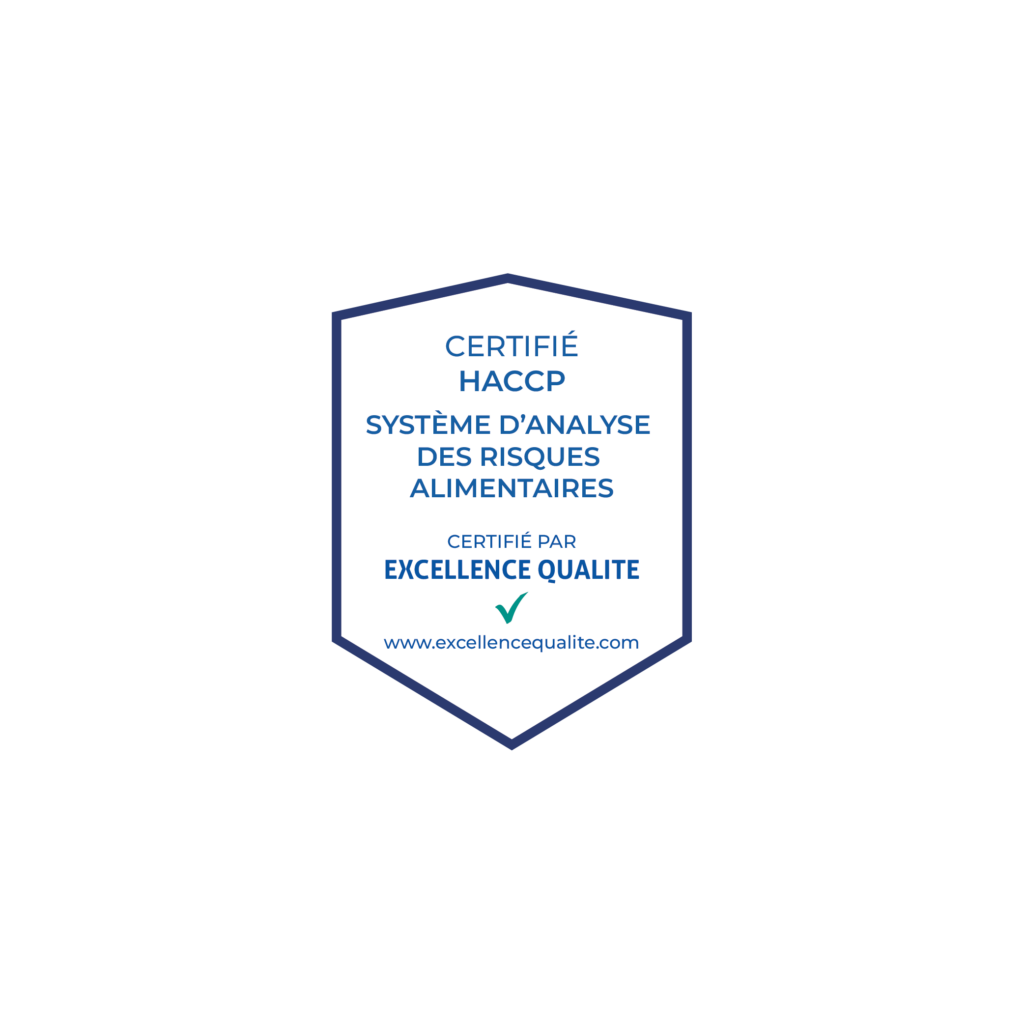
HACCP
The Hazard Analysis Critical Control Point (HACCP) system is a risk management methodology specifically designed for the food sector. It is applicable to all businesses involved in food production. The HACCP system was developed by the Codex Alimentarius Commission, a collaboration between the Food and Agriculture Organization of the United Nations (FAOUN) and the World Health Organization (WHO). Most food safety standards require organizations to implement procedures based on the principles of the HACCP system.
The HACCP system involves the following steps:
- Identification of processes and potential food safety risks.
- Identification of critical control points and areas requiring special attention to eliminate or reduce hazards to safe levels.
- Determination of actions needed to correct non-conformities.
- Regular monitoring and verification to ensure that procedures are followed and functioning correctly.
- Maintaining proper records to document all steps of the HACCP system.
Certification of the HACCP system offers several advantages for an organization. It helps communicate confidence to customers by demonstrating that food is produced safely. This system also proves that the organization has taken all necessary precautions to ensure food safety. HACCP system certification also facilitates corporate governance, corporate responsibility, and financial reporting requirements. HACCP allows customers to require that their suppliers be assessed and certified, especially in countries with strong food safety legislation. Additionally, HACCP system certification helps reduce the number of audits conducted by customers, saving time and costs. HACCP also contributes to reducing product losses and recalls, improves relationships with food safety authorities, and enhances overall organizational efficiency.
Address
• 128, City Road, London, EC1V 2NX, UK
• Rue du 7 Décembre, Abidjan, Ivory Coast
• Ramlet el bayda, Moussa nammour Street, LB
• Avenue André Peytavin - Dakar Plateau - Senegal
Contact Us
+225 07 97 909 990
+221 77 640 11 12
E-Mail Us
info@excellencequalite.com
